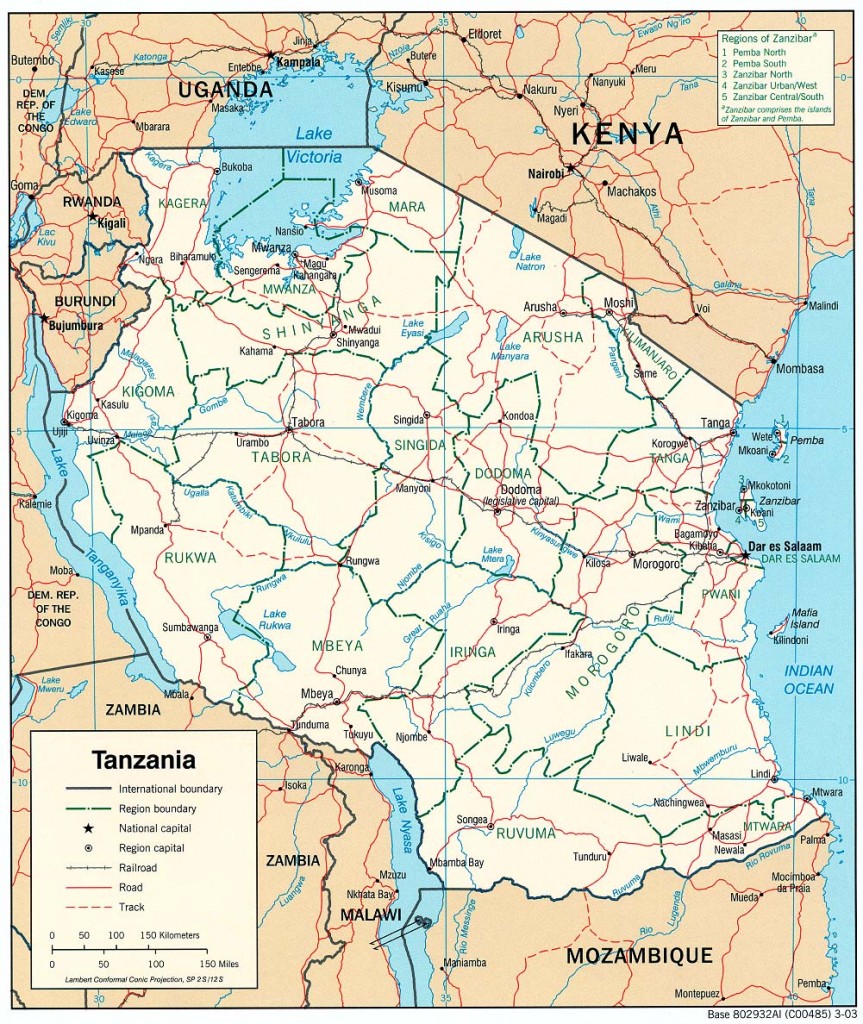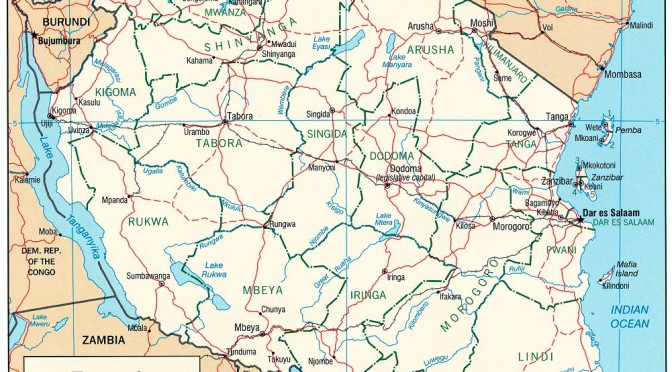The role of research and innovation in shaping Tanzania’s energy future cannot be overstated, as the East African nation grapples with the challenge of providing reliable and affordable electricity to its rapidly growing population. With a current electrification rate of just 32.8%, according to the World Bank, Tanzania is in dire need of innovative solutions to expand its energy infrastructure and meet the increasing demand for power. This is where the exploration of renewable energy technologies comes into play, offering a sustainable path towards a brighter future for the country.

Tanzania is blessed with abundant renewable energy resources, including solar, wind, geothermal, and biomass, which have the potential to significantly contribute to the country’s energy mix. Harnessing these resources not only offers a sustainable solution to the energy crisis but also presents numerous socio-economic benefits, such as job creation, improved health and education, and poverty alleviation. However, realizing this potential requires concerted efforts in research and innovation, as well as the development of appropriate policies and regulatory frameworks to support the growth of the renewable energy sector.
One of the key areas of focus in Tanzania’s quest for renewable energy solutions is solar power. The country lies within the global sunbelt, receiving an average of 2,800 hours of sunshine per year, which translates to a solar energy potential of 4-6 kWh/m2 per day. This makes solar power an attractive option for both on-grid and off-grid applications, particularly in rural areas where extending the national grid is often not economically viable. Recent advancements in solar photovoltaic (PV) technology, coupled with the declining cost of solar panels, have made solar power more accessible and affordable than ever before. As a result, numerous solar projects have been initiated across the country, ranging from small-scale solar home systems to large-scale solar farms.
Another promising renewable energy technology for Tanzania is wind power. The country has several regions with high wind speeds, particularly along the coast and in the central plateau, which are suitable for wind energy generation. Preliminary studies have estimated Tanzania’s wind energy potential to be around 1,000 MW, which could significantly contribute to the country’s energy needs if properly harnessed. To this end, the government has embarked on a series of wind resource assessments and feasibility studies to identify suitable sites for wind farm development. Additionally, several pilot wind projects have been launched, with the aim of testing the viability of wind power in the country and building local capacity in wind energy technology.
Geothermal energy is another renewable energy resource that holds great promise for Tanzania, thanks to its location within the East African Rift Valley, which is endowed with significant geothermal potential. Currently, there are ongoing efforts to explore and develop the country’s geothermal resources, with the government targeting a geothermal power generation capacity of 200 MW by 2025. This will not only help to diversify Tanzania’s energy mix but also provide a reliable and stable source of electricity, as geothermal power is not subject to the fluctuations associated with solar and wind energy.
In conclusion, the exploration of renewable energy technologies is crucial for Tanzania’s sustainable development and energy security. By investing in research and innovation, the country can unlock its vast renewable energy potential and chart a path towards a cleaner, greener, and more prosperous future. However, this will require strong political will, strategic partnerships, and the mobilization of adequate resources to support the growth of the renewable energy sector. Ultimately, the success of Tanzania’s renewable energy agenda will depend on the collective efforts of all stakeholders, including the government, private sector, academia, and civil society, working together towards a common goal.


